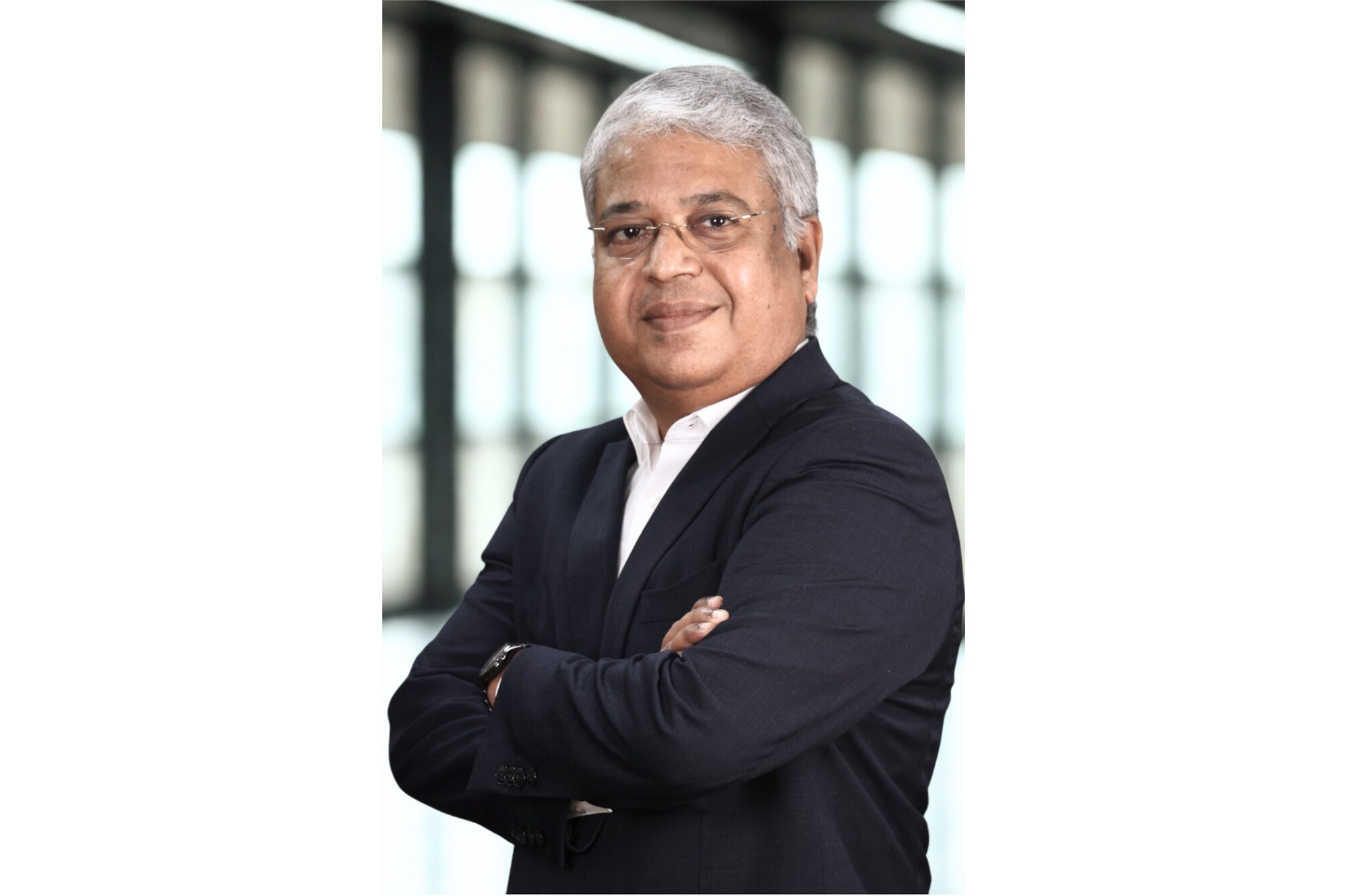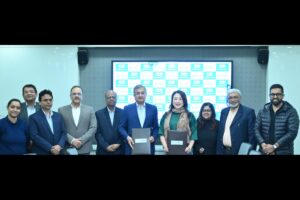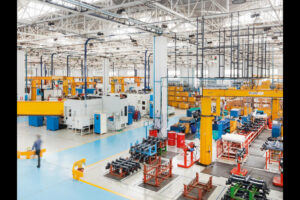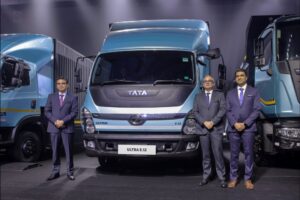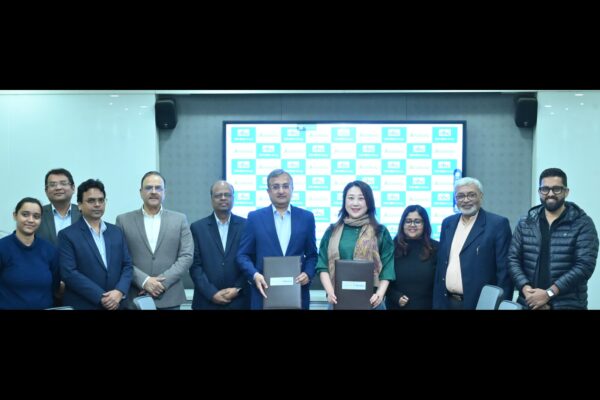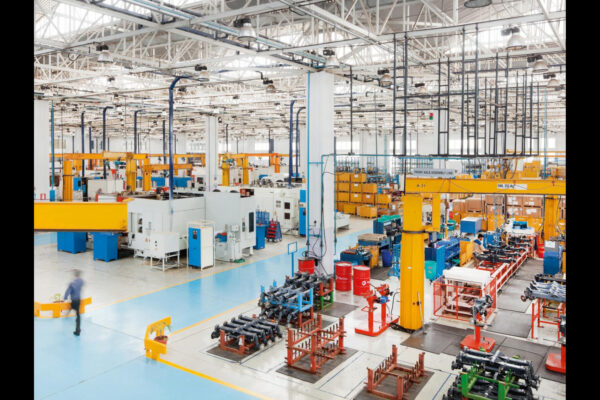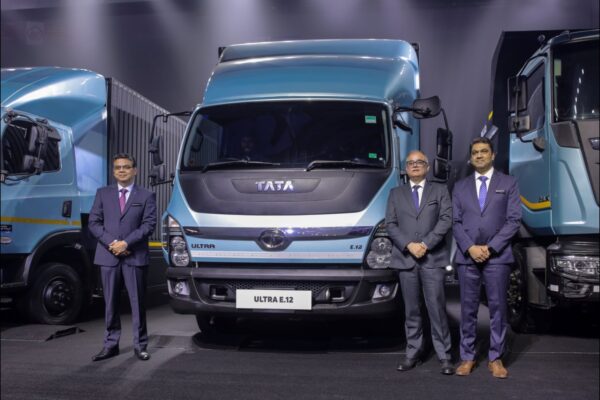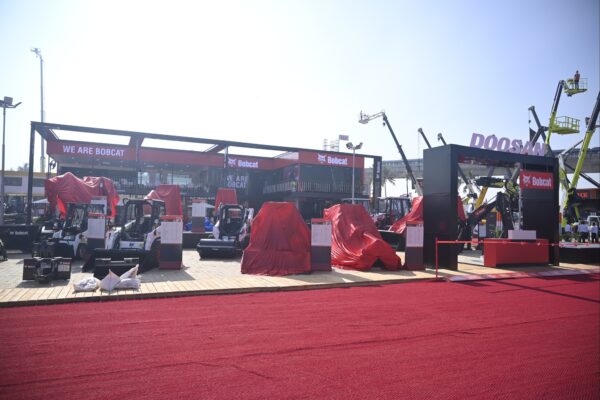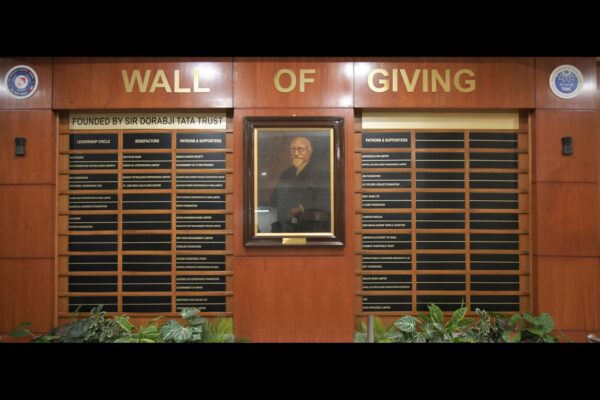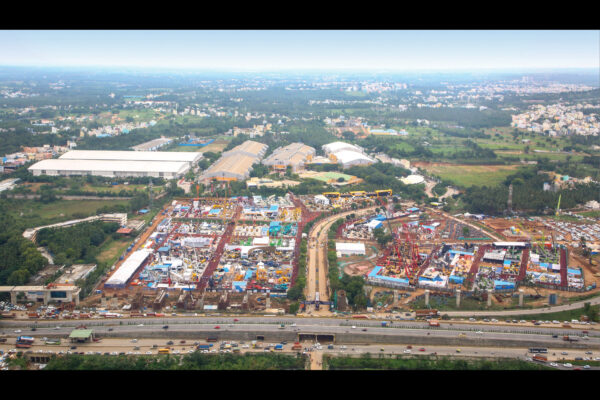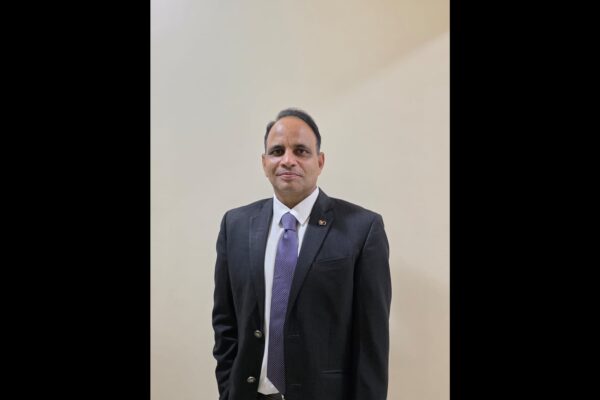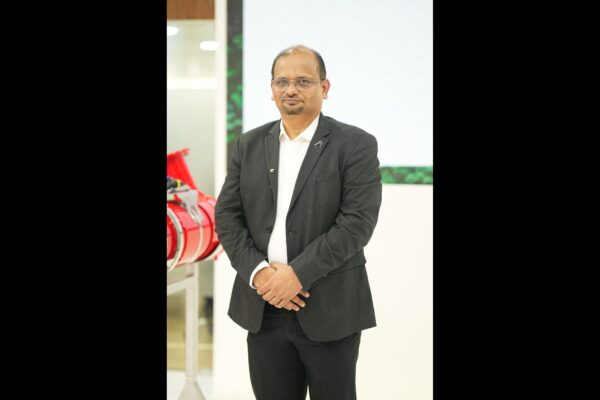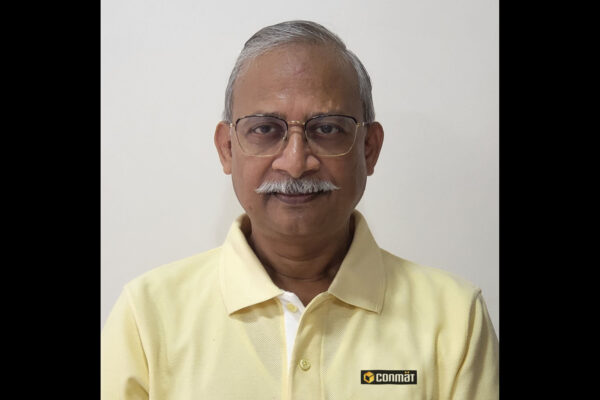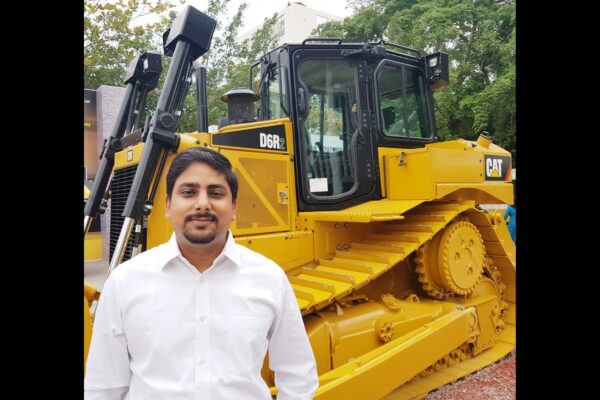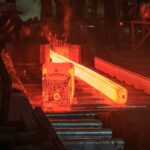Interview: Sustainability is a key driver of our innovation, says V G Sakthikumar, Chairman & Managing Director, SCHWING Stetter India
How has your equipment enabled faster, safer, and more efficient execution of major infrastructure projects? Could you highlight notable instances where your equipment played a vital role in the success of landmark infra projects over the past 16 years?
Over the last 16 years, SCHWING Stetter India has played a significant role in powering India’s infrastructure ambitions with high-performance, precision-driven construction equipment. Our machines are designed to minimize downtime, maximize efficiency, and ensure operational safety even in the most challenging conditions. Whether it is high-rise urban structures, mega bridges, or underground metro tunnels, our equipment has helped deliver projects on time with unmatched reliability. Our concrete boom pumps and batching plants were central to the execution of Mumbai Metro Line 3, the statue of Unity & other metro projects. Our stationary pumps supported one of India’s longest bridge – the Dhola-Sadiya Bridge – through tough terrain and heavy-duty requirements. In high-rise construction projects across Mumbai and Bengaluru, our concrete pumps have reached over 60 floors with seamless accuracy. Each project we support reflects our commitment to building smarter, faster, and safer.
How have Indian construction equipment manufacturers scaled up capabilities, improved quality, and expanded exports in recent years?
Indian manufacturers have rapidly evolved from import-dependent players to globally competitive powerhouses. At SCHWING Stetter India, we have significantly scaled up our manufacturing capabilities with our state-of-the-art integrated facility in Cheyyar, which stands as one of the largest of its kind in Asia. Our products combine German engineering principles with deep insights into Indian jobsite realities, allowing us to deliver world-class quality tailored to regional needs. As a result, we now export to over 55 countries worldwide. The expansion of our export footprint is backed by robust R&D, digital integration, and a continuous focus on innovation. We’re not just keeping pace—we’re setting benchmarks.
What steps is your company taking to adopt electric, hybrid, or low-emission construction equipment, and how do these efforts align with India’s decarbonization and Net Zero goals? How are construction equipment manufacturers evolving from product providers to strategic partners for EPC contractors?
Sustainability is a key driver of our innovation at SCHWING Stetter India. We have introduced India’s first electric-powered shotcrete machine for tunnel applications and developed concreting machines that operate on CNG, marking our transition to greener fuel technologies. These advancements directly align with India’s decarbonization and Net Zero goals. Additionally, our machines are equipped with advanced IoT systems and telematics that help EPC contractors monitor emissions, optimize fuel usage, and improve site efficiency in real time. This positions us not just as a manufacturer but as a strategic partner offering data, intelligence, and insight that adds measurable value to every project. The shift from product delivery to performance delivery is where our future lies.
What are the key skill gaps you see in operating advanced construction machinery, and how are you addressing them?
With the rapid advancement in construction machinery, one of the key challenges we face is the shortage of skilled operators who are well-versed in smart systems, telematics, and preventive diagnostics. To close this gap, SCHWING Stetter India has invested heavily in skill-building initiatives. Through partnerships with institutions like the NSDC and IESC, we offer structured training programs that blend theory with hands-on learning. Our dedicated training centres use real equipment and simulators to prepare operators for real-world challenges. We have also pioneered all-women training batches, enabling greater inclusivity in the industry and redefining what a skilled workforce looks like in construction.
What must the industry focus on to remain competitive, sustainable, and future-ready in both domestic and global markets?
To remain future-ready, the construction equipment industry must focus on accelerating digital transformation, embedding sustainability at the design level, and cultivating a strong, future-oriented skill ecosystem. Technology like AI-powered batching, real-time IoT dashboards, and predictive analytics will define the next decade of construction. Simultaneously, the industry must respond to global climate commitments by building low-emission, efficient machinery that meets international compliance standards. At SCHWING Stetter India, our strategy revolves around staying globally competitive, environmentally responsible, and technologically ahead. That is how we plan to lead both at home and across borders.
Tags

